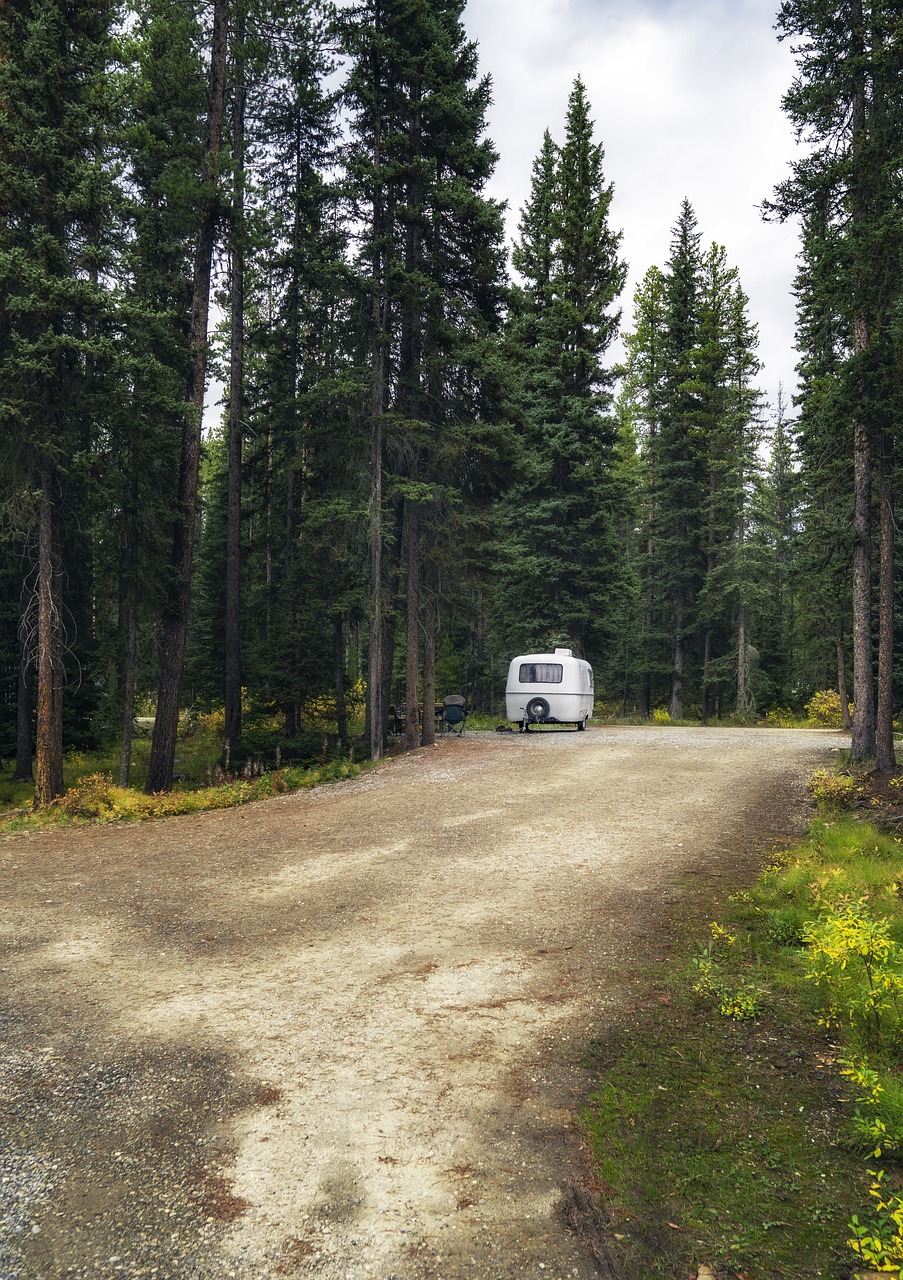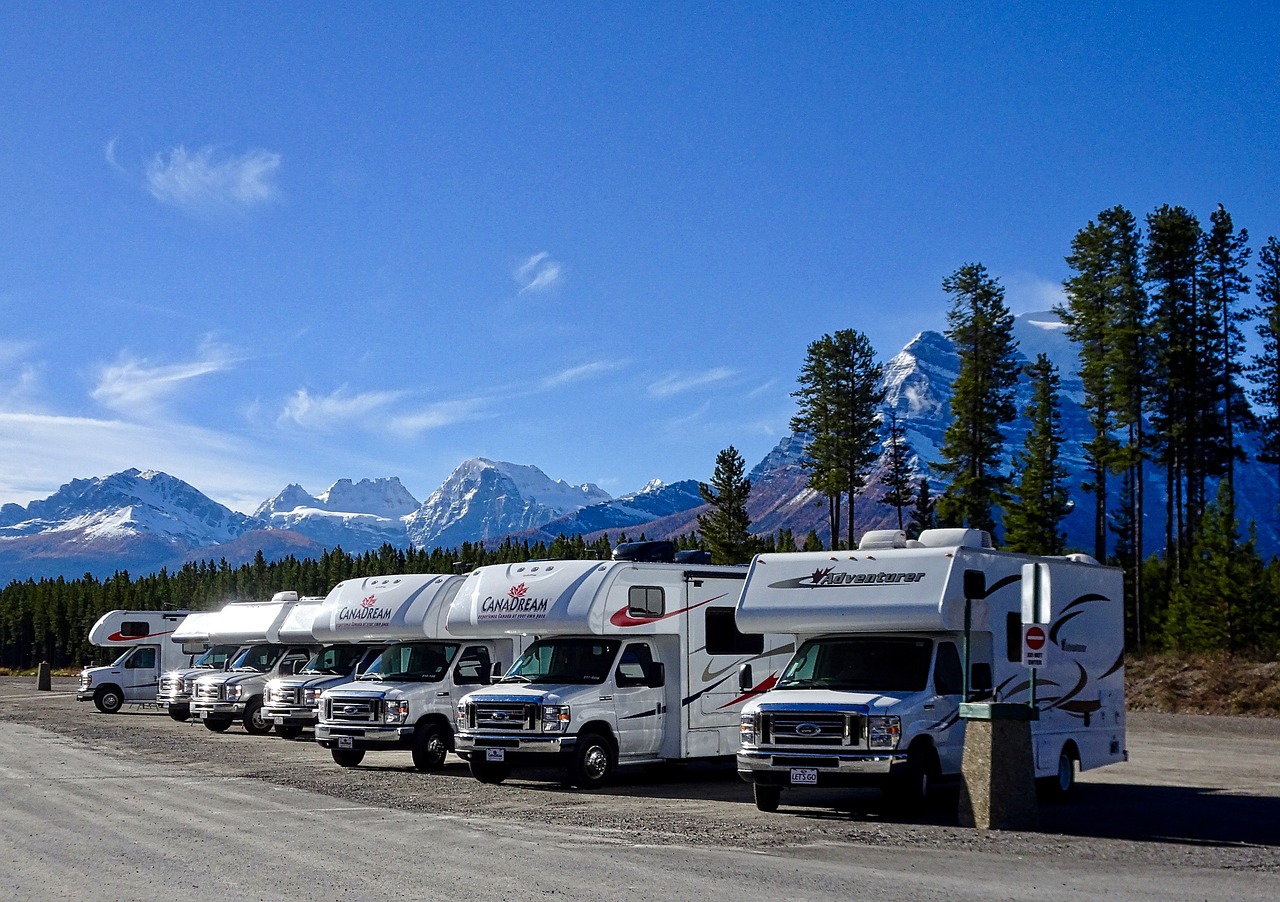
Have you ever dreamt of packing up your life and heading out on the open road? Many Americans are selling their homes and are buying RV’s. Here’s a breakdown of how much you could save and the pros and cons of RV living. The most significant saving comes from housing costs. You can spend significantly less living in an RV by ditching traditional rent or mortgage payments. According to experts, the average RVer can save between $8,000 to $12,000 a year just on these costs.
Pros
Another financial break comes with property taxes and homeowners insurance, which you would not have to pay. This is offset somewhat by the need to insure the RV, but premiums are generally lower. Transportation costs also decrease. Living in an RV means you might not need an additional vehicle. The average price of owning a car in the US can run over $12,000 annually, so this is a hefty saving.
Utilities are another area where you can save money. RV parks often include water, sewer, and sometimes electricity in their lot fees. Plus, living in an RV allows you to chase mild weather, cutting costs on heating and cooling. The minimalist lifestyle that comes with RV living means less spending on ‘stuff.’ There’s simply no room to store unnecessary items, which helps drastically cut down on shopping expenses.

Cons
However, it’s not all about saving money. RVs require maintenance and repairs, though usually less expensive than those for a traditional home. Regular upkeep is essential to keep the RV running smoothly. There are additional costs to consider, like campground fees and fuel, especially if you travel frequently. These expenses can add up and should be factored into your budget. Living in an RV isn’t just about the financial benefits. It offers the freedom to travel, explore new places, and live minimally. There’s a strong sense of community among fellow travelers, and it’s a more eco-friendly way of life.
But there are downsides. Limited space can make daily activities and storage challenging. Issues like receiving mail, accessing healthcare, and staying connected can be complicated without a permanent address.
Isolation can also be a problem, particularly in remote areas. Finding reliable and affordable places to park, especially in popular destinations during peak seasons, can be difficult.

Despite these challenges, living in an RV has allowed many to save more money for retirement and reduce expenses during early retirement years.
It’s important to note that this lifestyle might not be sustainable into old age. Eventually, returning to a permanent home might be necessary.
As we conclude, it’s clear that living in an RV has provided significant financial benefits and a unique lifestyle. However, it’s essential to weigh these against the potential challenges and plan accordingly for the future.
Do You Have Questions Regarding Your Insurance Needs?
Let our knowledgeable team of award-winning insurance agents help. We provide a wide range of affordable insurance solutions for people from all walks of life. Whether you are seeking insurance for your home, auto, business, life, or health, our team of licensed insurance agents will help you find the best coverage for your specific needs at the best possible rates.
Watch on TikTok
